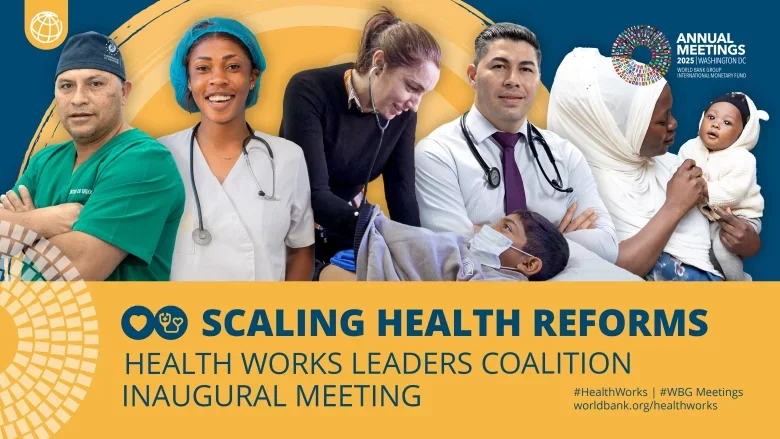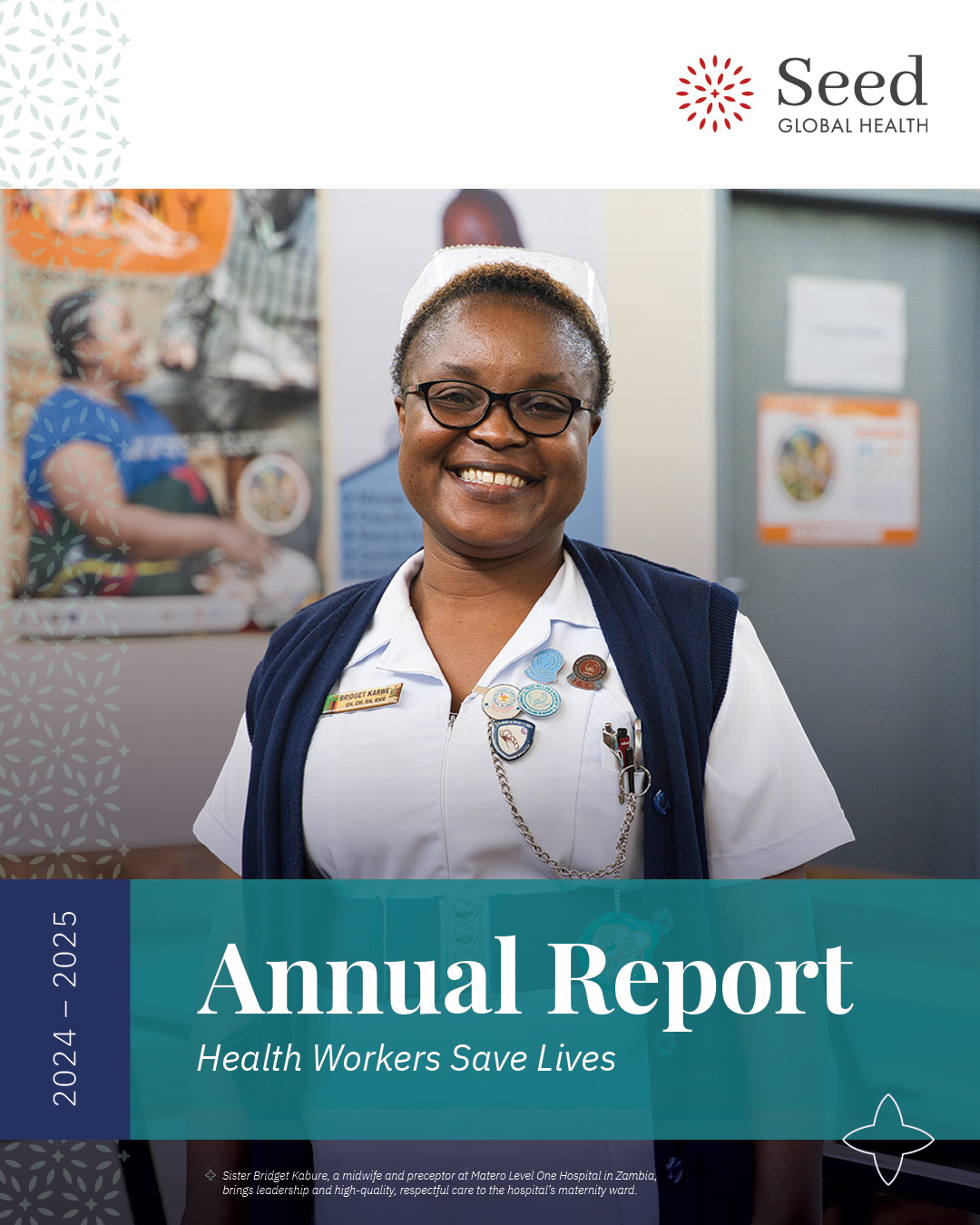Launching Partnership with National Council of Higher Education in Uganda
On February 17th, Seed Global Health entered into a memorandum of understanding with the National Council of Higher Education (NCHE) in Uganda. This partnership comes at a key juncture for the country. Following the identification of Uganda’s first cases in March, all universities and health training institutions closed, leading to disruptions in critical programs aimed to address Uganda’s shortages of health workers.
Ensuring the resiliency and continuity of health professional education – especially in the contexts of pandemics – will be critical to strengthening Uganda’s health system in the long-term. Through this partnership and its work with the Ministry of Health and key regional partners, Seed Global Health (Seed) is committed to strengthening human resources for health and clinical practice in Uganda.
The inception of this partnership arose from Seed’s work to lead health worker training on COVID care and prevention across 3 regions in the country. “We had been working with a number of institutions in Uganda, to try and uplift the capacity and quality of training of medical doctors, nurses, and midwives” explained Seed Global Health Country Director, Dr. Bonaventure Ahaisibwe at the MOU signing ceremony. “We now have the opportunity to take the lessons and learnings from that experience and translate them into guidelines into policies so that they can have longevity and sustainability.”
This partnership between Seed and NCHE will be critical to building resilience amidst pandemics and leverages both organization’s key strengths. The council serves as the national institution charged with regulating the quality of education in the higher institutions of learning, including health professional education and training. Seed Global Health is a global organization that strengthens human resources for health through classroom training and clinical mentorship. To date, Seed has launched more than 253 trainings and courses across 6 regions in Uganda while helping to mentor and train more than 4,641 physicians, nurses, and midwives.
Together, the organizations will advance evidence-based assessments of how education and training institutions across the country are responding to COVID. Best practices will be identified and mainstreamed through the development of national safety and quality standards that will serve the entire country. As Dr. Ahaisibwe observed, “working with an authority that has the mandate to do that regulation is the only way you can ensure that standards are maintained and preserved for the long term.”
While this new partnership has arisen in the context of the current pandemic, the resulting policies and evidence can have a lasting impact. When asked what may be achieved through this partnership, Professor Mary Okawol, Executive Director of NCHE, reflected “to ensure that we have a healthy population. Without this population, the country can’t develop. So it is a very important undertaking.“

